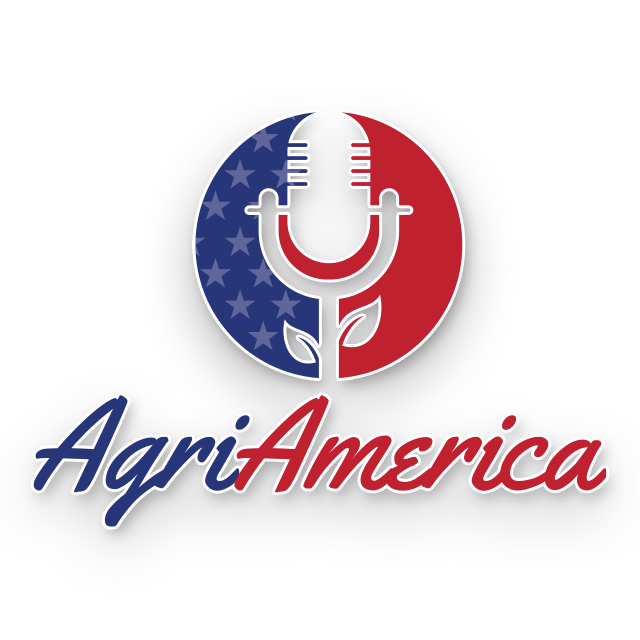podcast.agrinovusindiana.com
Agbioscience
This weekly podcast dives into agbioscience, where agriculture, life sciences and cutting-edge technology converge.
Agbioscience is an in-depth conversation with leaders and entrepreneurs across food, animal health, plant science and agtech. This one-of-a-kind podcast offers updates on the latest advancements and future trends from those at the forefront of agbioscience innovation.
